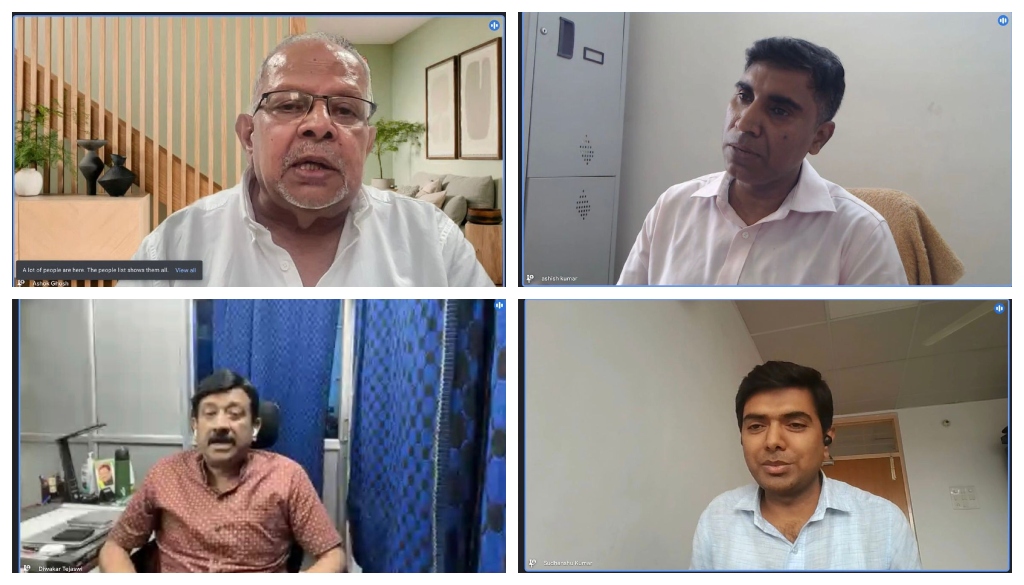World Environment Day: Bihar to Face Major Water Crisis by 2030, Say Environmentalists

Patna: Most districts in Bihar, particularly in the south, are likely to face a severe water crisis by 2030, according to experts speaking during a World Environment Day webinar on Wednesday. The contamination of water is already responsible for 70% of infectious diseases in developing countries, as per a World Health Organisation (WHO) report.
Dr Ashok Ghosh, head of research at Mahavir Cancer Sansthan and Research Centre, highlighted the impending groundwater crisis in Bihar, a state once perceived as having abundant water resources. “Districts even in north Bihar, such as Darbhanga, are also witnessing a depleting groundwater table. In fact, as per our recent studies, most districts in Bihar, especially the southern parts, are likely to witness a water crisis by 2030,” he said.
Speaking at the webinar organised by the Sustainable Pathways Center, Ghosh, former chairman of the Bihar State Pollution Control Board (BSPCB), emphasized the urgency of addressing climate change. He highlighted the rising temperatures and increasingly extreme weather events threatening Bihar, particularly its agricultural sector. Ghosh proposed a three-pronged approach to achieving net-zero emissions: supportive government policies, active public participation, and scientific research.
Ashish Kumar, scientist at the Patna Meteorological Centre, shed light on the human cost of climate change, including fatalities from heatwaves and lightning strikes. “Around 1,500 people have died due to lightning in Bihar in the last three years. Heatwaves are now being seen even in north Bihar districts, including Madhubani, Purnia, and Kishanganj, situated along the foothills of the Himalayas. The onset and departure of the southwest monsoon have also been delayed in Bihar for the last five years, which in turn is leading to a reduced number of rainy days,” he said, stressing the importance of public participation in environmental conservation.
Noted physician Dr Diwakar Tejaswi addressed the public health implications of climate change, explaining how deteriorating air quality can lead to respiratory issues, heart disease, and mental health problems arising from flood-led displacement and related stress.
Regarding the water crisis, Dr Tejaswi said: “The falling groundwater table is being witnessed in many places in Bihar, including the capital, Patna. The depleting groundwater is leading to a scarcity of potable water, which in turn, is causing infectious diseases.”
Dr Sudhanshu Kumar, associate professor at the Bihar Institute of Public Finance and Policy, stressed the importance of addressing the intertwined issues of climate change and poverty. “Economic development and climate vulnerability have a reciprocal relationship. The effects of climate change vary by region and change as economic activities evolve, rural-to-urban migration increases, and natural resource exploitation rises. Bihar’s economy is growing, and the low urbanisation level suggests more migration to urban areas. This presents significant challenges for the state but offers an excellent opportunity to take action immediately. Furthermore, effective policy interventions require active participation from individuals and society,” he said.
Concluding the discussion, Amit Kumar, programme coordinator, JEEViKA, Patna, spoke about the power of public awareness campaigns. He talked about JEEViKA Women Initiative Renewable Energy and Solution (J-WiRES) training rural women in Bihar in electric cooking and promoting renewable energy for livelihood creation.







